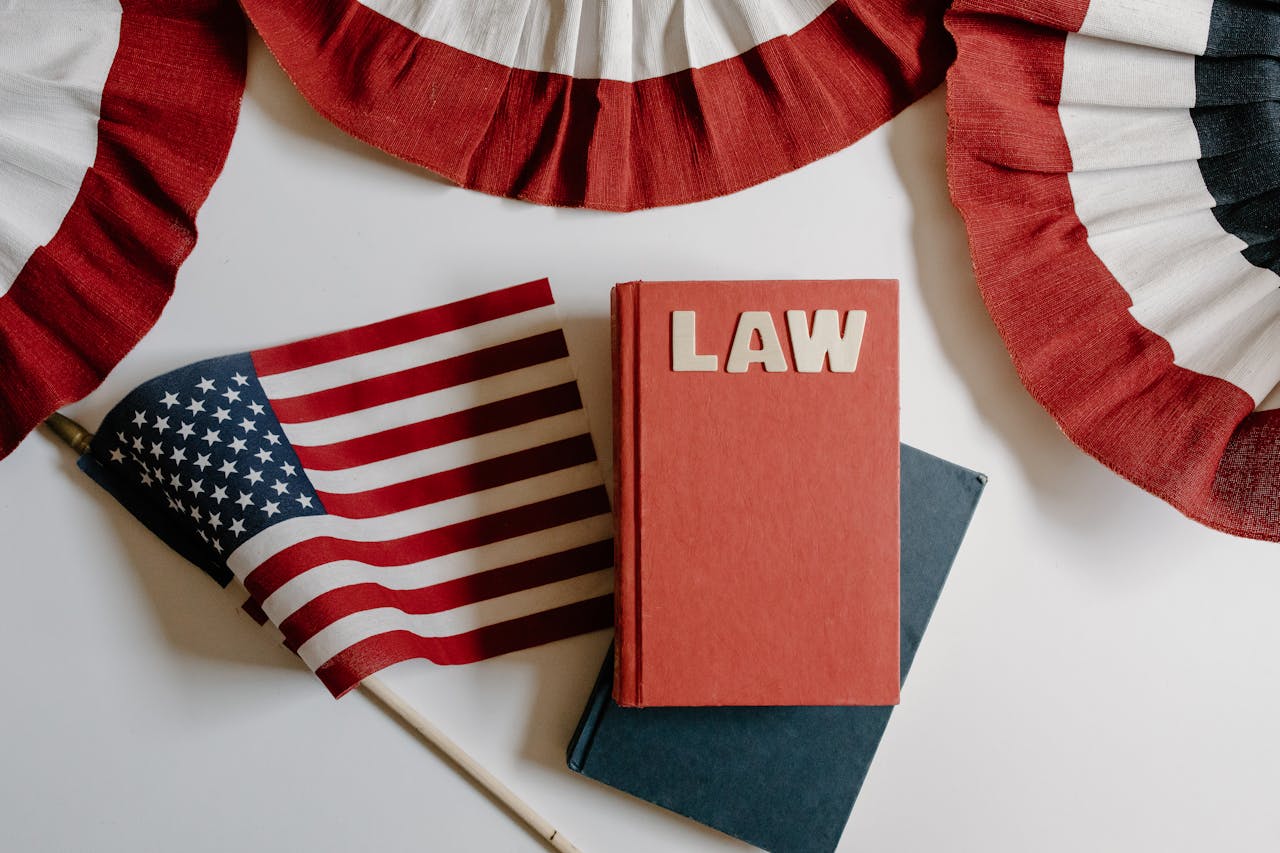American law leaves room for quirks that read like folklore yet still sit in statutes, codes, and city ordinances. Some rules grew from safety aims or civic pride, others from lawsuits and odd episodes that hardened into policy. They remain on the books, refreshed here and there, and sometimes enforced. Look closely and a pattern emerges. Communities solve local problems with local tools, often with language built for a single moment. The patchwork can be baffling, charming, and very real.
New Jersey Bans Self-Serve Gas

New Jersey keeps attendants at the pump by law, citing safety, access, and jobs. Stations staff multiple lanes and train employees in spill response and accessible service. Travelers may fidget at midnight when someone else runs the nozzle, yet locals treat it like a small convenience folded into daily life. The rule endures through repeal attempts because habits, unions, and risk calculations line up. It turns a quick fill into a tiny ritual that never quite fades.
Alabama Outlaws Bear Wrestling

Alabama makes it a crime to promote or engage in bear wrestling, a response to roadside shows that mistreated animals. The statute bans possession of a trained bear for fighting and outlaws ticket sales for such events. It reads oddly now, but it draws a bright line against exploitation and closes loopholes around exhibitions. The law shows how states sometimes legislate a practice into extinction, leaving behind language that feels stranger as the memory fades.
Maine Prohibits Billboards Statewide

Maine bars off premises billboards to preserve coastal views and tree lined highways. Businesses rely on exit logos, wayfinding signs, and storefront design instead of tall poles shouting over pines. Enforcement remains active, so illegal boards come down fast. The result is a calmer drive that lets sky and water do the selling. Vermont, Hawaii, and Alaska share the idea, but Maine wears it like a badge. The landscape becomes the advertisement, and residents guard it fiercely.
Massachusetts Blocks Happy Hour Deals

Massachusetts bans time limited drink discounts at bars and restaurants, a policy born from public safety concerns. Owners lean on food specials, live music, and trivia nights instead of slashing rounds at 5 p.m. Critics argue it chills nightlife; supporters point to fewer incentives for binge drinking. The ban has survived repeal pushes because a generation grew up with it and city managers trust the tradeoff. Culture follows law, and law often follows the headlines that created it.
Oklahoma Forbids Horse Tripping

Oklahoma outlaws horse tripping for sport or entertainment, reflecting ranch country knowledge and animal welfare priorities. Rodeos continue under safety rules, but intentionally dragging a horse off balance crosses a legal line. The statute spells out definitions, penalties, and exemptions in plain language. In a state where livestock expertise runs deep, the rule reads less like novelty and more like common sense with teeth. It protects animals while preserving legitimate tradition.
North Carolina Limits Bingo Marathons

North Carolina caps charitable bingo sessions with strict hours and prize limits to keep fundraising games from sliding into unregulated gambling. Churches and lodges post schedules, volunteers track cards, and inspectors can audit books. Players still get a social night, but the framework blocks all night binges with swelling jackpots. It is a small window into how states balance custom, charity, and consumer protection. The vibe stays neighborly, the rules keep the lights sane.
Hawaii Keeps Roads Free Of Billboards

Hawaii, like Maine, bans traditional billboards, preserving sightlines from ridges to reefs. Wayfinding leans on modest signage and radio instead of towering panels. The absence changes the visual rhythm of a drive and keeps attention on volcanic slopes and open sea. Tourists feel the calm without knowing why until locals mention the law. Decades of civic effort hold that line, making the islands’ views the headline on every commute and every slow Sunday.
New York Restricts Whipped Cream Chargers

New York limits retail sale of nitrous oxide chargers, often shelved near whipped cream supplies, to adults with identification. Grocery managers keep boxes behind counters, restaurants continue normal service, and the statute targets misuse rather than dessert. A burst of confusion followed the rollout, then public guidance clarified the aim. Narrow laws can ripple through daily routines, and this one shows how a small safeguard still needs clear messaging to match real shopping habits.
Florida Penalizes Balloon Releases

Florida treats intentional balloon releases above small thresholds as a finable offense, citing harm to wildlife and waterways. Event planners pivot to bubbles, flags, or reusable displays, and coastal towns post reminders near piers and parks. The rule reads simple, but it marks a cultural shift in how celebrations meet stewardship. Cleanup crews report fewer bright scraps tangled in sea grass after busy weekends. A small line in statute becomes a quiet win on the shoreline.
Texas Legalizes Sword Carry

Texas revised knife laws so adults may openly carry long blades, including swords, with clear exceptions for schools, polling places, and certain venues. The update mostly helps enthusiasts travel to classes or festivals without odd legal risk. On the ground, it means conversation more than confrontation, with officers educating as much as they cite. Red zones remain posted, and common sense sets the tone. The novelty lives in the image it conjures, not in daily street scenes.
West Virginia Allows Roadkill Salvage

West Virginia permits residents to claim certain road killed game for meat after a quick report. An online form notes location, species, and time, helping biologists track collisions while families reduce waste. The policy replaces a wink and nod with transparent rules that align thrift and wildlife management. Newcomers raise eyebrows; rural counties call it practical governance. Dinner tables carry the quiet logic of turning loss into use with paperwork measured in minutes.
Idaho Criminalizes Cannibalism Explicitly

Idaho is one of the few states with a statute that directly bans cannibalism, carved out from emergencies involving survival. The law is rarely, if ever, tested, yet it sits as a clear moral statement with defined penalties. Many states reach the conduct through other crimes; Idaho chose plain language. The section sparks periodic headlines and late night jokes, while locals mostly ignore it. Odd as it sounds, it is a real line drawn in code.


